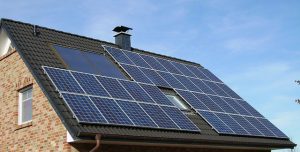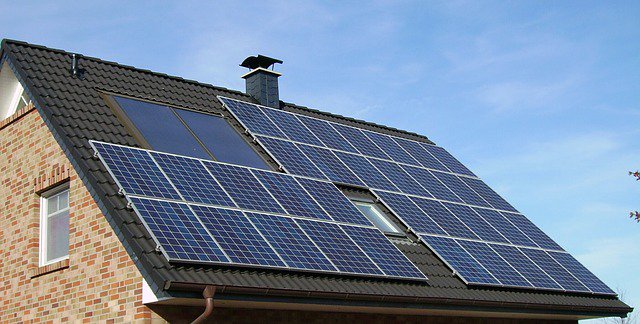The Smart Export Guarantee places a legal obligation on energy suppliers with more than 150,000 customers to introduce export tariffs by 1st January 2020
The government is introducing new laws that will ensure households and businesses with new small-scale renewable technologies, such as solar panels, are paid for exporting electricity to the grid.
The Smart Export Guarantee (SEG) places a legal obligation on energy suppliers with more than 150,000 customers – covering more than 90% of the retail market – to introduce export tariffs by 1st January 2020.
Under the scheme, homes and businesses that have installed solar panels, wind turbines or other forms of small-scale renewable energy generation, with a capacity of up to 5MW, will be paid for each unit of electricity they sell to the grid, which will be tracked by their smart meters.

It builds on the government’s previous subsidy scheme, the Feed-in Tariff (FiT), which supported the installations of 850,000 renewable projects and closed to new entrants on 1st April 2019 as the price of installing solar panels fell.
The Department for Business, Energy & Industrial Strategy (BEIS) says the cost of residential solar panels are now more than 50% cheaper than in 2011.
The scheme has been designed to continue to grow the small-scale renewables export market by supporting local generation and is expected to help bridge the gap to a smarter and more efficient energy system, when combined with technologies like smart meters and battery storage.
Read more: Energy Live News



